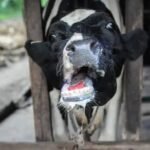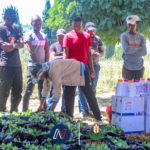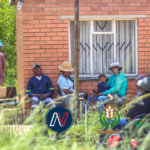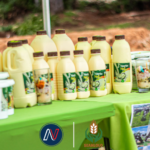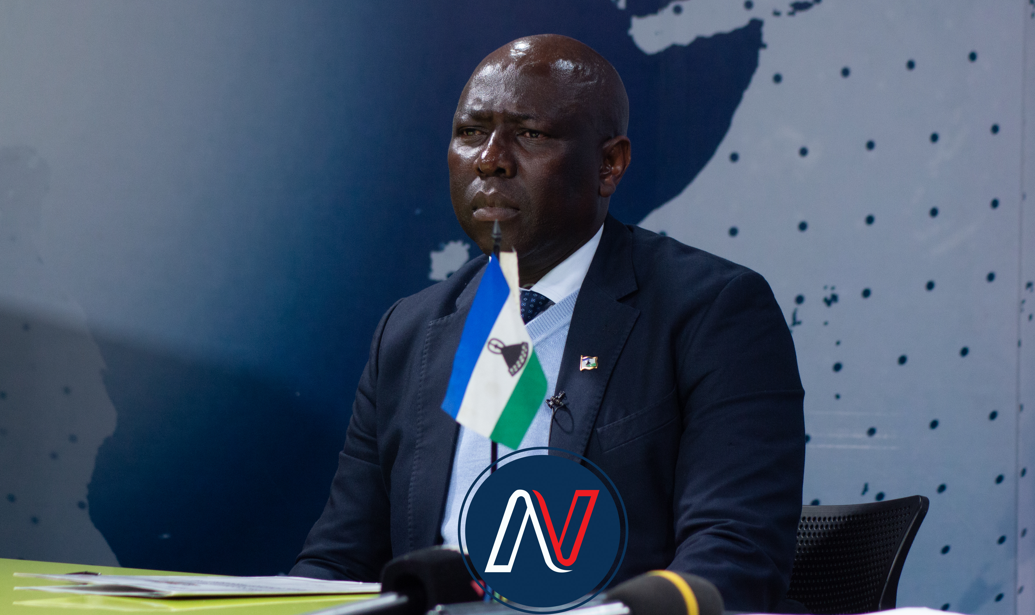Farmers across Lesotho are preparing for summer cropping with a renewed sense of support and opportunity as the Ministry of Agriculture, Food Security and Nutrition rolls out a decentralised programme designed to equip them with tools, trainings and access to new markets.
Speaking at a press conference, Minister Thabo Mofosi, revealed that services will be brought closer to farmers through the country’s Resource Centres.
“We want farmers to have easier access to support and resources in their own communities,” he said, adding they would be doing so under partnerships with manufacturers such as Kynoch and Bayer who would help capacitate farmers with the latest knowledge on fertilisers, seeds, and crop protection.
The services, he emphasised, are free and will begin in Mohale’s Hoek on September 24, followed by Maseru and Leribe.
The Minister urged farmers to think beyond traditional reliance on government as their only market.
“Farming is one of the most profitable businesses. In this business, one can make a profit as high as 500 percent, even 1,000 percent. This is only possible when farmers also tap into other markets rather than depending solely on selling to government,” he said.
While only three regions are part of the pilot, Mofosi expressed confidence that the initiative will expand.
He also announced plans for 200 tractors to be purchased and made available to farmers through Post Bank under an arrangement where farmers pay 10 percent upfront and settle the rest in installments.
“This is about efficiency. If farmers fail to service their debt, the bank will repossess the tractors, but our aim is to ensure farmers have access to mechanisation to cultivate their land,” he explained.
Thabo Sekhonyana, Director of Field Services, acknowledged current challenges with capacity, noting there are currently 68 Resource Centres and 124 Extension Workers acrodd the country.
“There is a shortage, but our plan is to increase to at least 224 extension workers. This will ensure that all farmers who register at their local centres receive the necessary assistance,” he said adding that farmers’ needs will be captured and supported through the centres, with the Ministry also promising to add more computers to help extension workers measure fields accurately.
Weather forecasts from the Lesotho Meteorological Services (LMS) have given further encouragement to farmers. The 2025/26 season outlook predicts normal rainfall from October to December and wetter conditions in January and February. This aligns with hopes for a productive summer cropping season for maize, sorghum, beans, potatoes, and tomatoes.
The Ministry is also piloting agricultural insurance in partnership with the World Food Programme (WFP).
“Farm insurance, when fully implemented, will safeguard the livelihoods of farmers by providing financial protection against risks like crop failure and natural disasters,” Mofosi explained.
The minister revealed that infrastructure is being strengthened too.
“At Ha-Foso, construction is underway on a state-of-the-art storeroom that will link farmers directly with markets such as Lesotho Flour Mills. When farmers sell their produce at these facilities, they will be instantly paid, and a portion of the proceeds will be deducted for farming inputs. This is about planning for the future and ensuring farmers remain sustainable,” the Minister said.
Director of Crop Services, ‘Mamohoebi Mokuoane, praised the resilience of farmers, pointing to local self-sufficiency.
“Thanks to a bumper harvest, there will no longer be a need to import potato seedlings from abroad. Local production has reached sufficiency,” she said.
Deputy Principal Secretary ‘Malereko Molefi echoed the call for abundance. “Farmers should aim to produce in abundance,” she said, underlining that Lesotho’s agricultural sector has the potential not just to feed the nation but to drive its economic growth.


